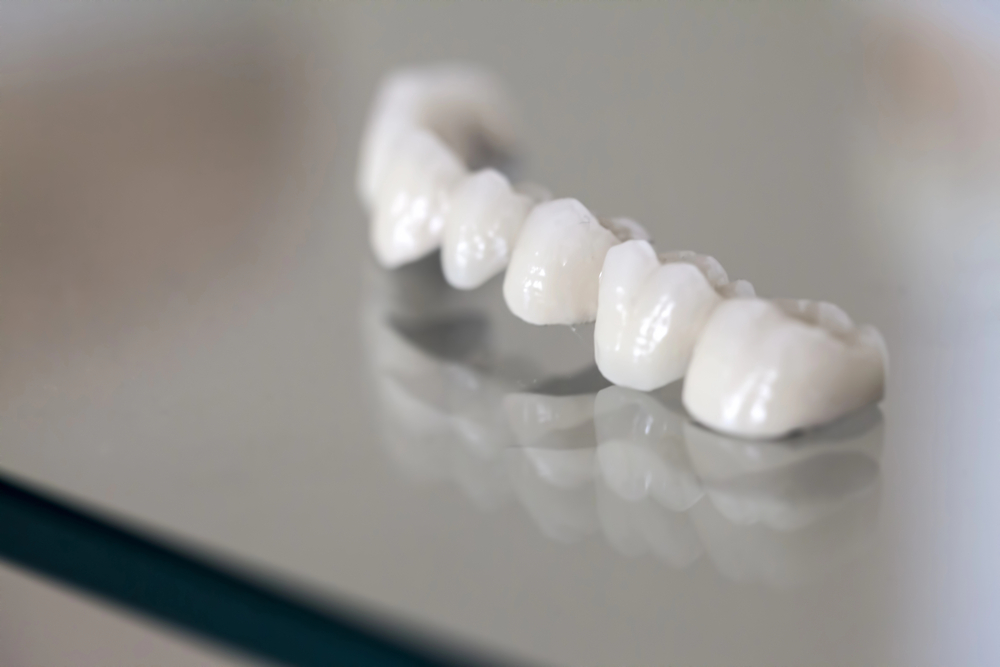
When it comes to durability, teeth and stones are often compared for their resilience and toughness. After all, both are essential elements of nature that withstand considerable wear and tear. Yet, in the realm of strength and endurance, which truly reigns supreme? Let’s delve into this age-old debate and uncover the truth behind the myth of indestructible teeth and rock-hard stones.
In the world of dentistry, advancements continually push the boundaries of what is possible. Dental veneers, one such innovation, have gained popularity for their ability to enhance smiles and restore confidence. These wafer-thin shells, typically made from porcelain or composite resin, are meticulously crafted to cover the front surface of teeth, concealing imperfections and creating a flawless appearance.
At first glance, it might seem that dental veneers advance the myth of indestructible teeth. Their smooth, lustrous finish evokes a sense of durability akin to the hardest of stones. However, beneath the surface lies a different reality. While dental veneers can certainly withstand the rigors of daily use, they are not impervious to damage.
Teeth, on the other hand, are remarkable structures composed of various layers, each serving a specific purpose in maintaining oral health and function. The outermost layer, known as enamel, is often compared to the hardness of stone due to its mineralized composition. Enamel protects the underlying layers of the tooth from decay and mechanical stress, making it one of the hardest substances in the human body.
Despite their strength, teeth are not immune to damage. Poor oral hygiene, dietary habits, and traumatic injuries can all compromise the integrity of teeth, leading to decay, fractures, or even loss. Unlike stones, teeth cannot be easily replaced once damaged, highlighting the importance of preventive care and regular dental check-ups.
So, where does the balance tip in the debate between teeth and stones? While both possess remarkable strength in their own right, it is essential to recognize that teeth are living tissues embedded within the oral cavity. They are subject to a myriad of environmental factors and require proper care to maintain their health and function.
In recent years, the pursuit of a perfect smile has led many to seek out dental veneers as a solution to cosmetic concerns. These thin shells offer a quick and effective way to improve the appearance of teeth, allowing individuals to achieve the smile of their dreams without extensive dental work. However, it is crucial to remember that dental veneers, while resilient, are not invincible.
With proper care and maintenance, both natural teeth and dental veneers can provide lasting results. Adopting a diligent oral hygiene routine, including brushing, flossing, and regular dental visits, is essential for preserving the health and longevity of teeth and veneers alike. Additionally, avoiding habits such as nail-biting, teeth grinding, and chewing on hard objects can help prevent damage to dental restorations and natural teeth.
In the quest for durability, it is clear that neither teeth nor stones hold a monopoly. Instead, it is the combination of proper care and resilient materials that ensures longevity and strength. Whether natural or enhanced with dental veneers, our smiles are a testament to the remarkable endurance of the human body.
As we navigate through life’s challenges and celebrations, let us remember to cherish and protect the precious gift of our smiles. Whether we choose to rock hard, stay out and party late or savor quiet moments of reflection, may our teeth and dental veneers serve as steadfast companions, enduring the tests of time with grace and resilience.




